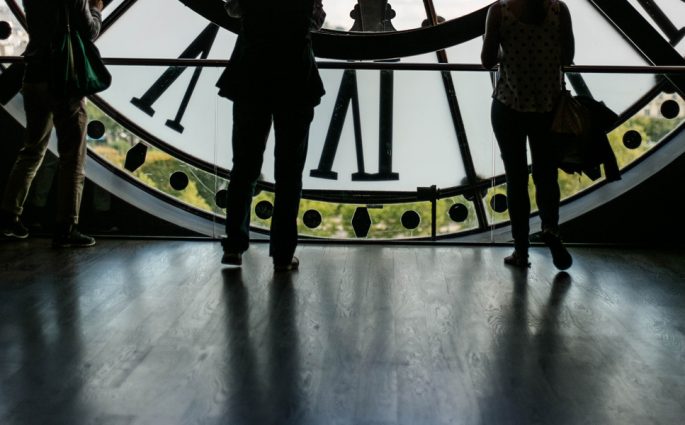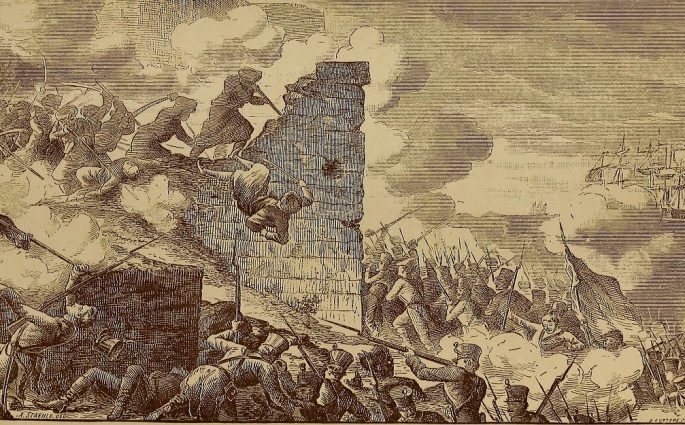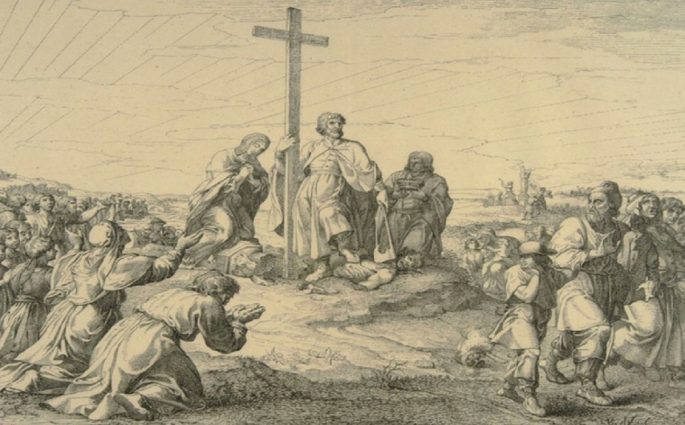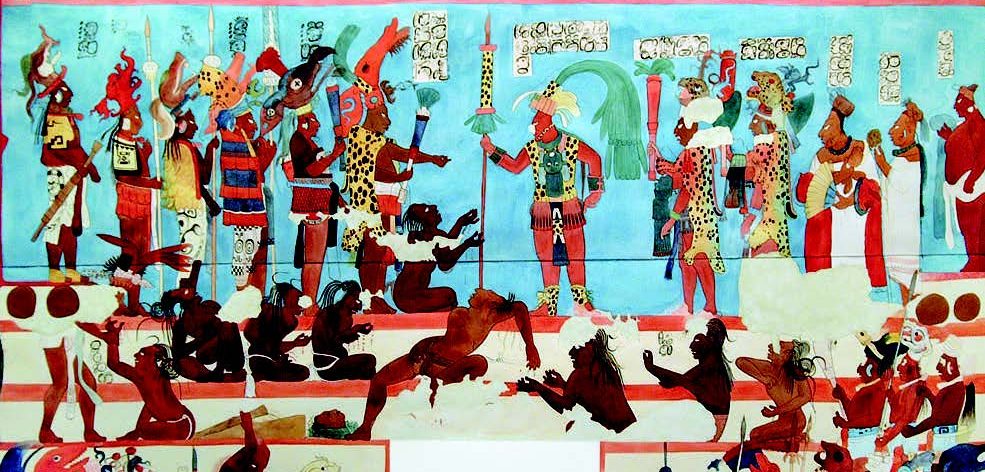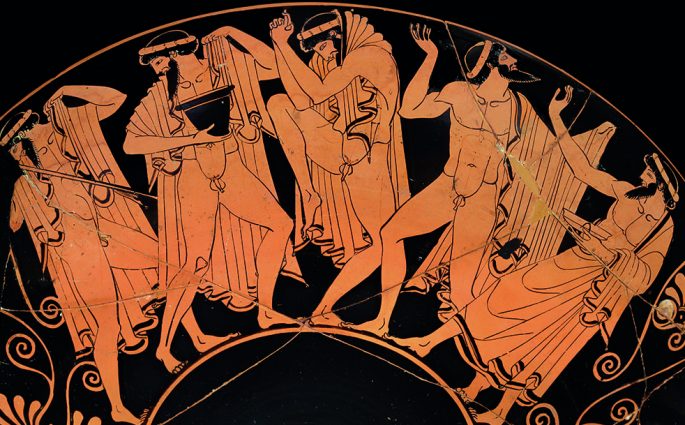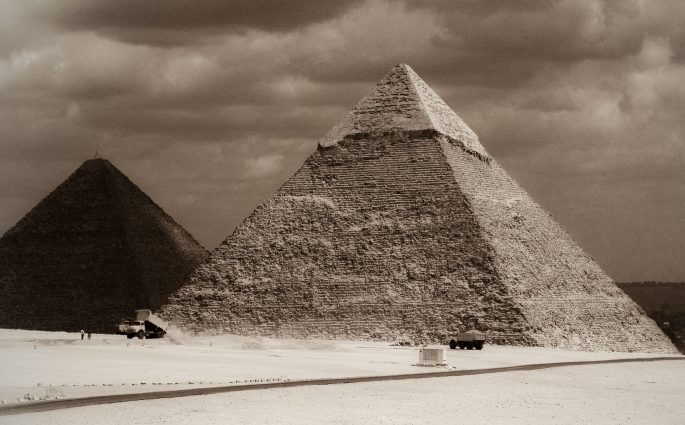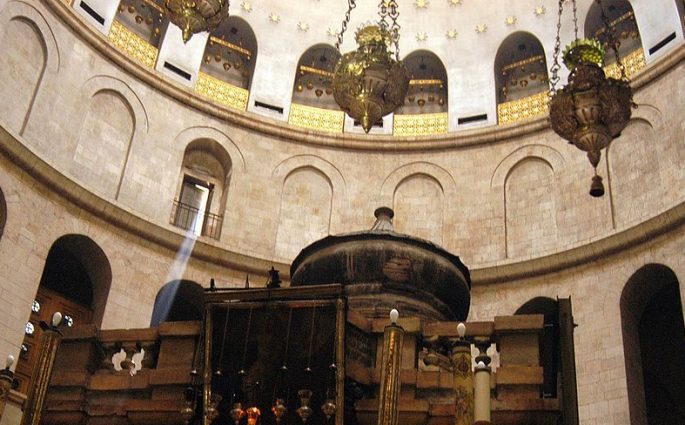The Shadow of the Present
Tony Spawforth— As I write about the remote past, I never feel that history has repeated itself. Even so, there are times when the Greek and Roman worlds seem to offer an eerie prefiguring of the present. Democracy In 415 BC the adult males who made up the politically empowered

